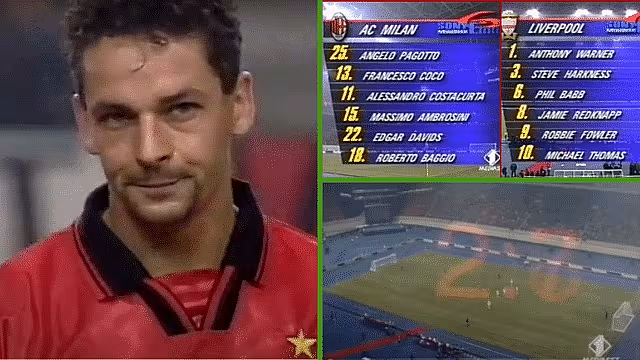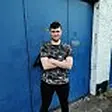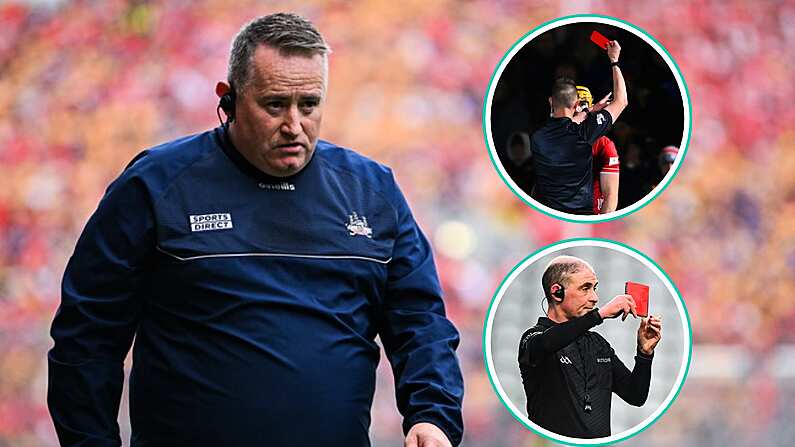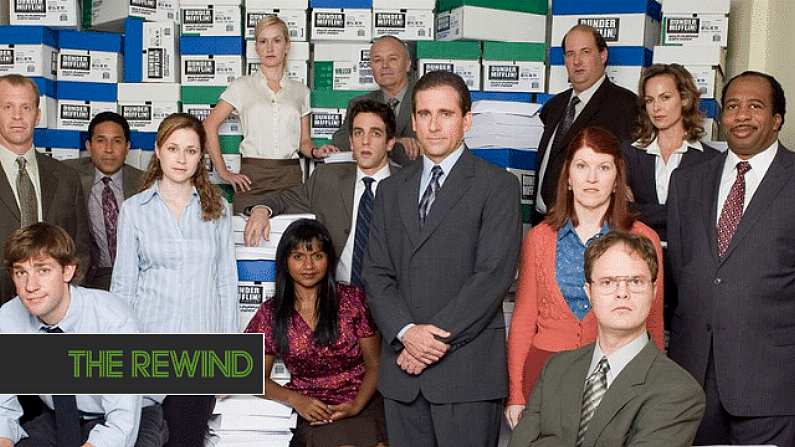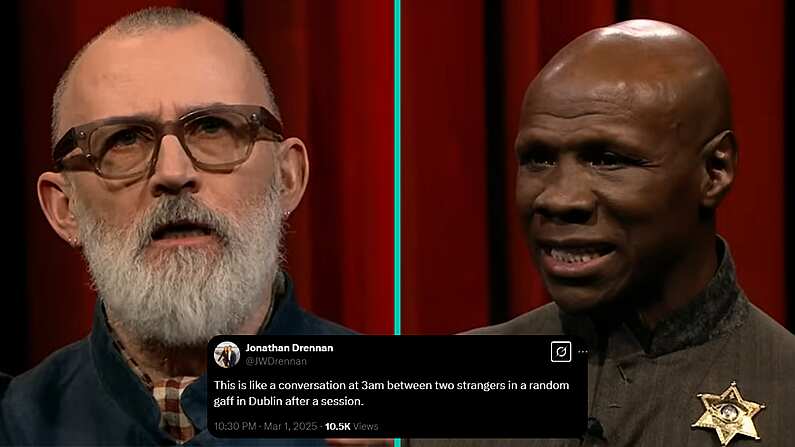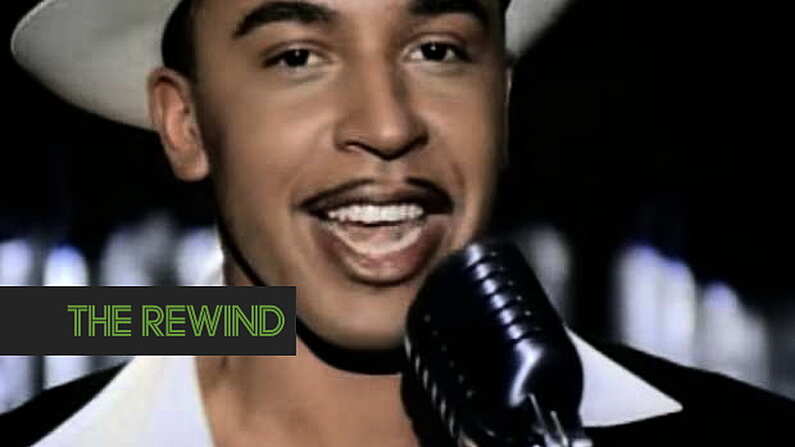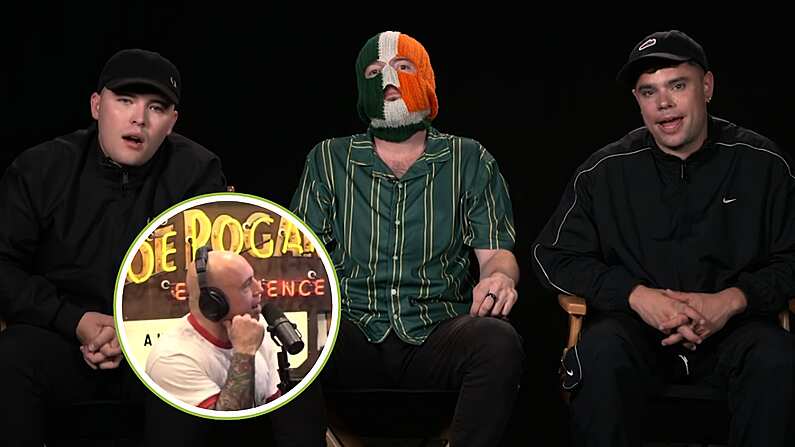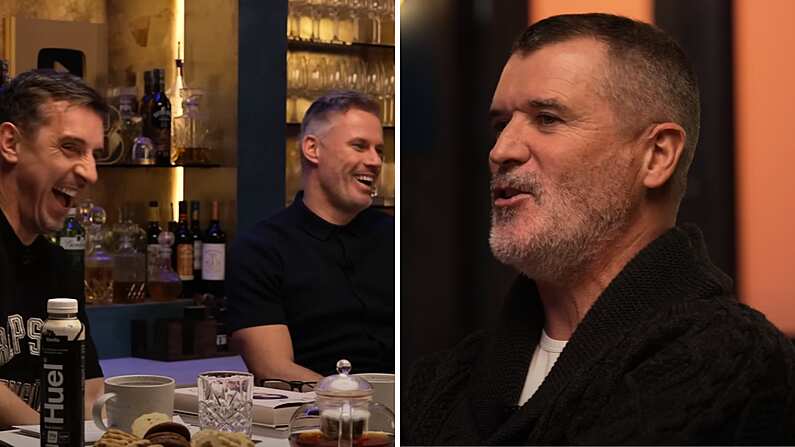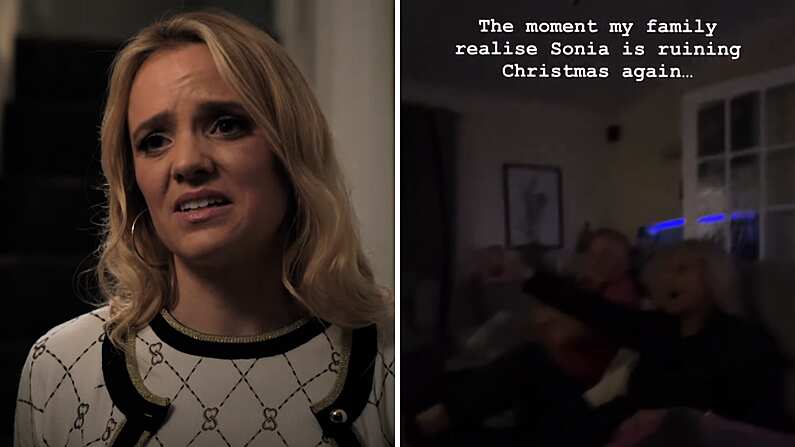Marmite. Crocs. Brussel Sprouts. Coldplay. These are just a few things that split opinion. Wordle has become the new contender for 2022 as the year begins to unfold.
You're either on Team Wordle or you're not. You either salivate at the thoughts of solving the five-letter puzzle every day or loathe the sight of it. There's no in-between.
The internet has been taken over by the world-solving phenomenon and the beauty is in the execution. There's one word to solve every day, and that's it.
It does away with spending hours on games or phone apps trying to better friends or family. It's a much more healthy way of enjoying some casual problem-solving.
I can't say I'm Team Wordle, but it is fascinating to see how it's gripped a portion of the Irish population over the past few weeks. Most will have tried the game at least once.
In Wordle we trust. pic.twitter.com/SRnevgxzJD
— The Daily Show (@TheDailyShow) January 29, 2022
When it first emerged, it was this mysterious group of blocks shared on Twitter or in WhatsApp groups. Those unfamiliar with the concept may have likened it to some sort of Egyptian hieroglyphs.
Now with many committed to the Wordle cause, it's interesting to take a look at where it all started. Who thought, in 2022, that a simple five-letter puzzle game would get everyone talking?
How Wordle Started
It's apt that the founder of a word-based game carried out a bit of a play on words with the name. Josh Wardle is Wordle's creator and spoke to The Guardian about the game's inception.
He originally developed the game to play with his partner but couldn't have predicted millions of people would start playing in the months that followed.
It first launched online in Autumn 2021 - achieving success by November with 300,000 users. By the first weekend of January - over 2 million were playing the game every day.
Josh lives in Brooklyn, New York by way of Wales. While he's happy to see the millions log onto the site challenging themselves, it's anxiety-inducing as much as anything.
"It going viral doesn’t feel great, to be honest," he told The Guardian. "I feel a sense of responsibility for the players. I feel I really owe it to them to keep things running and make sure everything’s working correctly."
Wardle has enjoyed some of the responses, such as families who emailed to thank him for creating the game as a way to interact in a time of Covid-19 outbreaks.
What has popularised the game is people sharing their results on Twitter. After a New Zealand-based user shared the mysetriousmysterious blocks on the platform, Wardle enabled a Twitter share button.
⬜️⬜️⬜️⬜️⬜️⬜️⬜️⬜️
⬜️⬜️⬜️⬜️⬜️⬜️⬜️⬜️
⬜️🟩⬜️⬜️⬜️⬜️⬜️⬜️
⬜️⬜️⬜️⬜️⬜️⬜️⬜️⬜️
⬜️⬜️⬜️⬜️⬜️⬜️🟩⬜️
Not Wordle, just staffing for next week.— Phil Robertson (@HTPhilRobertson) January 28, 2022
In fact, the game grew a bit of a cult following in New Zealand before anywhere else. That has carried through to Australia, the UK and Ireland in particular.
"Even though I play it every day, I still feel a sense of accomplishment when I do it. It makes me feel smart, and people like that," Wardle remarked.
Experts have likened Wordle's rise to being in the right place at the right time. The effects of the pandemic, working from home and people socialising online have helped its trajectory.
There's also a sense of nostalgia attached to the game. Families who enjoy word-based games such as Scrabble, Upwords, or Boggle feel a sense of attachment to it.
What does the future hold for a simple webpage, visited by millions of people every day? Wardle is taking a cautious approach to developing the game further.
"I need to be really thoughtful. It’s not my full-time job and I don’t want it to become a source of stress and anxiety in my life. If I do make any changes, I would like to think they are changes I would have made even if it was just (my partner and I) playing."
See Also: The Bizarre 1997 'Euro Sixes' Tournament Needs to Be Recreated Today
